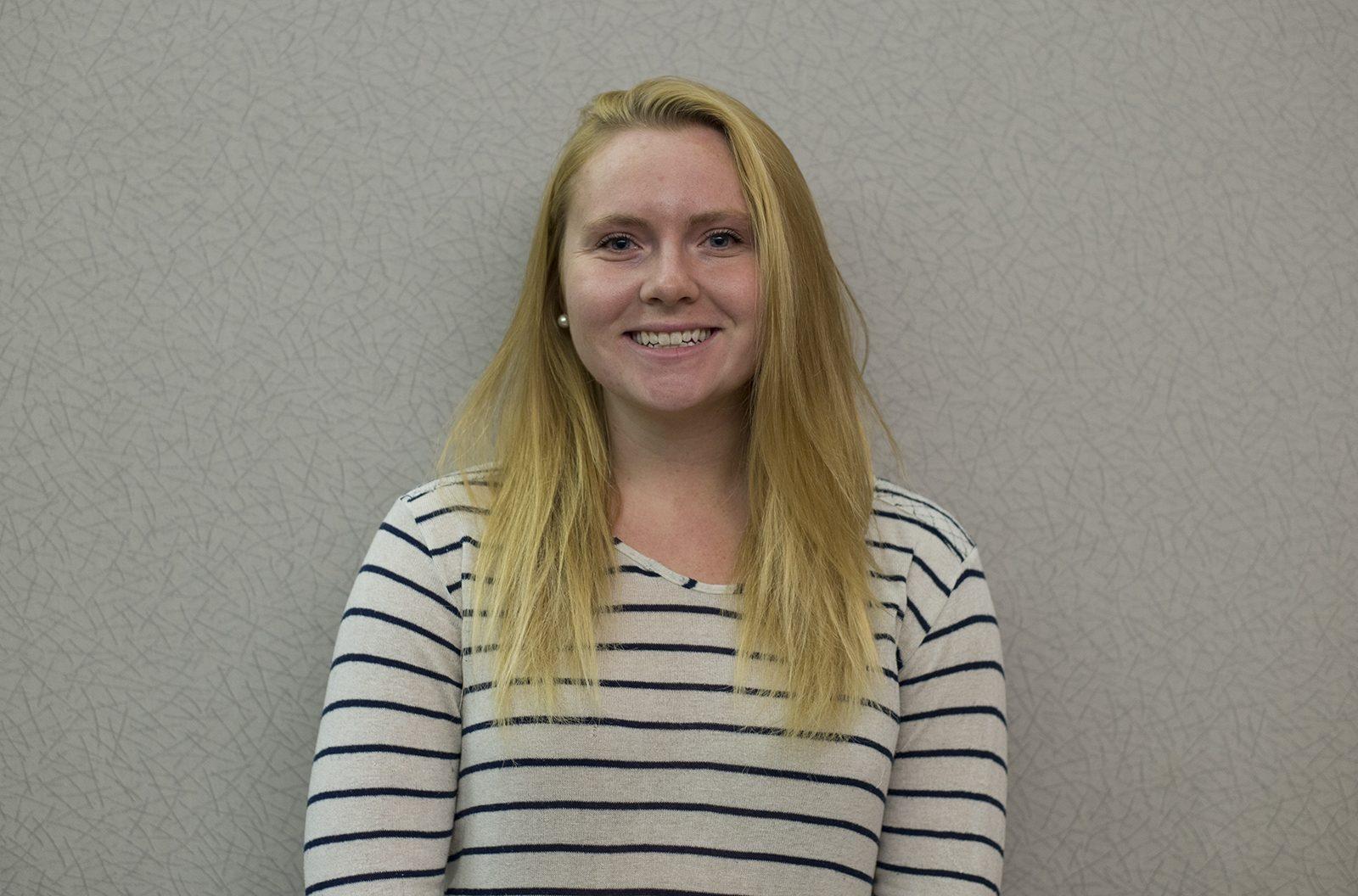Caffeine — I drink a lot of it. On weekdays, I have probably two coffees a day. On special occasions, like the annual release of the Pumpkin Spice Latte or Starbucks’ holiday collection, I might have three or four caffeinated beverages in a single day. And forget about it during exams — I literally have an IV attached to my body pumping Blonde Roast into my veins.
I’m a true addict. I even down some coffee before I work out because I think it makes me feel more energized at the gym. But I’ve always thought that all this caffeine couldn’t possibly be good for me. However, according to several women’s magazines I’ve read over the years, there’s a pretty significant body of scientific work that claims to prove that caffeine is, in fact, good for you. Though to be honest, I never quite believed it, because, who knows? Maybe that was research produced just for addicts like myself.
To verify these accounts, I turned to Google and earnestly typed into the search bar, “Is coffee good for me?” I found some interesting stuff. First of all, the idea that coffee is damaging to the body was pushed by doctors for a good part of the 20th century. This was because a series of studies were released claiming that coffee drinkers were more susceptible to stunted growth and heart disease than their non-imbibing counterparts. However, according to Time Magazine, recently conducted research indicates that those studies warning against caffeine were off because they “didn’t always control for the many other factors that could account for poor health, such as smoking, drinking and a lack of physical activity.”
New research has found that there is often a correlation between good health and a moderate to high caffeine intake. Coffee can actually be good for your heart! For example, a presentation given at the American Heart Association’s Scientific Sessions in 2013 showcased a study indicating that a cup of coffee might help your small blood vessels function better. Other studies show that drinking coffee can reduce the risk of atherosclerosis, a condition often linked to heart attacks.
This is all well and good, but the real question here is “Do I care?” Honestly, not really. I was going to keep guzzling coffee no matter what the health impacts were. But I’m glad I checked in with reputable organizations, because I used to just see stuff on Cosmo about how great coffee is for you and totally not buy it.
I do genuinely enjoy coffee, and like I mentioned, I do drink it before I work out. However, I think it should be noted that just because coffee doesn’t stunt growth or cause heart attacks, it doesn’t mean that it’s the magical elixir we want it to be. It can stain your teeth for Christ’s sake! But more significantly, a Starbucks holiday latte or even a PSL can be really dense in calories. For example, a grande Pumpkin Spice Latte is 420 calories with 160 from fat. Yikes. Cutting the latte and switching to drip or espresso certainly made a world of difference for me, and I actually felt like I had more energy too.
This week’s fitness tip is to do your homework. Research what you put in your body and understand what health myths and facts surround the staples of your diet. One thing that I’ve definitely fallen victim to is reading articles that reinforce my beliefs about nutrition, even if those beliefs are not 100 percent scientifically sound. If you’re really serious about health and nutrition, then make sure you do your homework. Trust health trends, but be sure to verify them too.
All in all, after poking around the internet to learn about the health impacts of coffee, I learned that coffee is something that isn’t harmful to be consuming in large quantities. Keep on guzzling, y’all!

























































































































Andrew Salisbury • Nov 8, 2017 at 9:23 am
Hi Grace,
Caffeine is one major part but coffee is also the greatest source of antioxidants in the American diet through the polyphenols or CGA’s. Much of the health benefits of coffee come from that and I would agree with you that caffeine benefits by themselves are iffy.